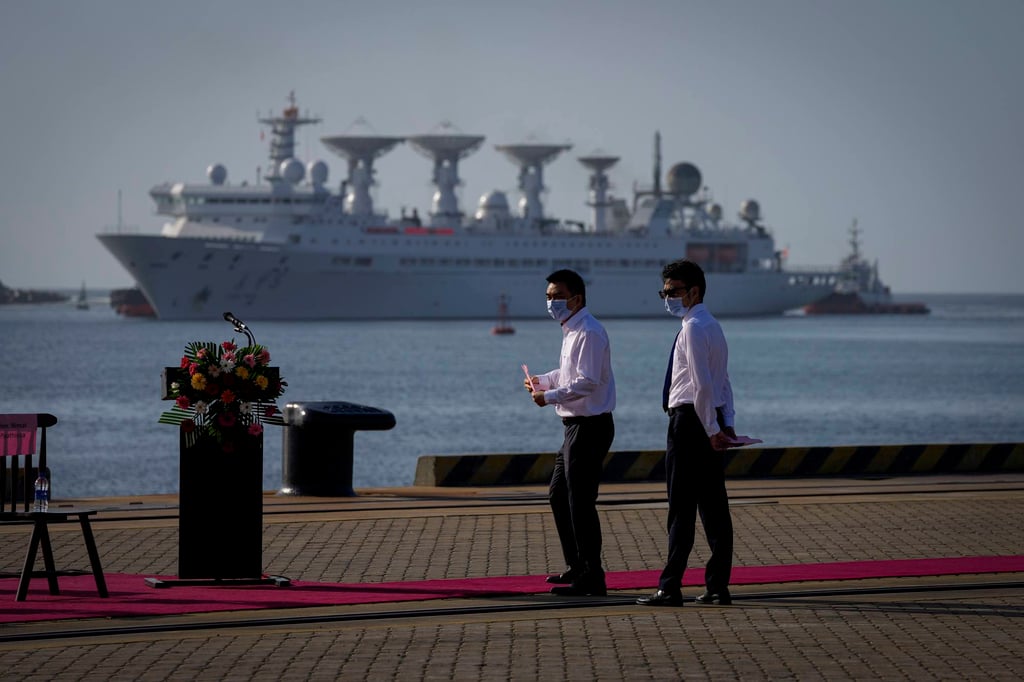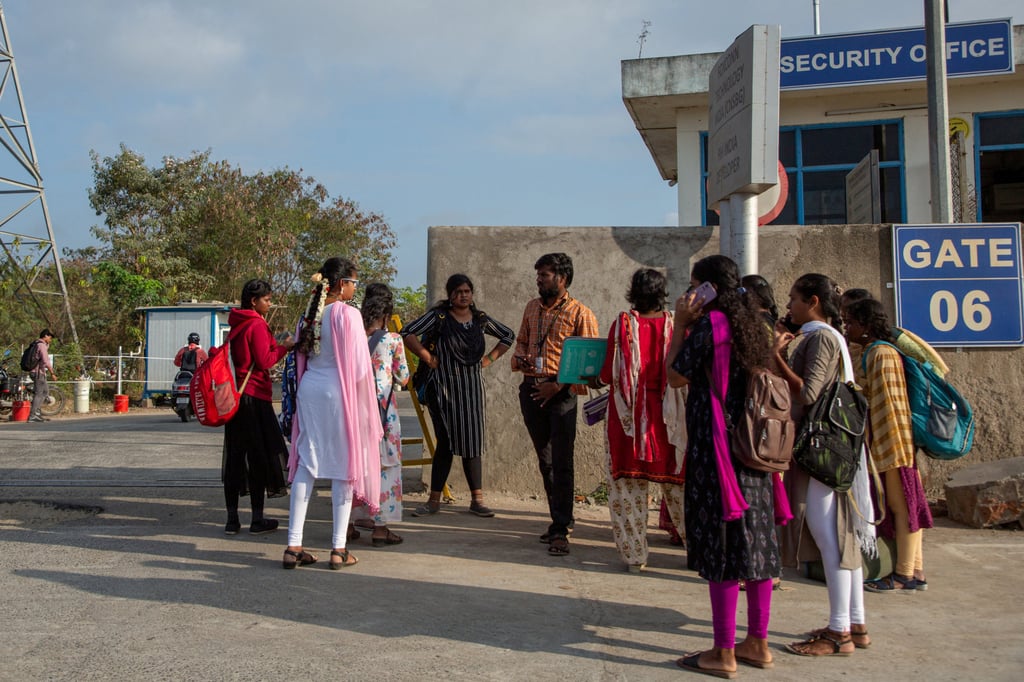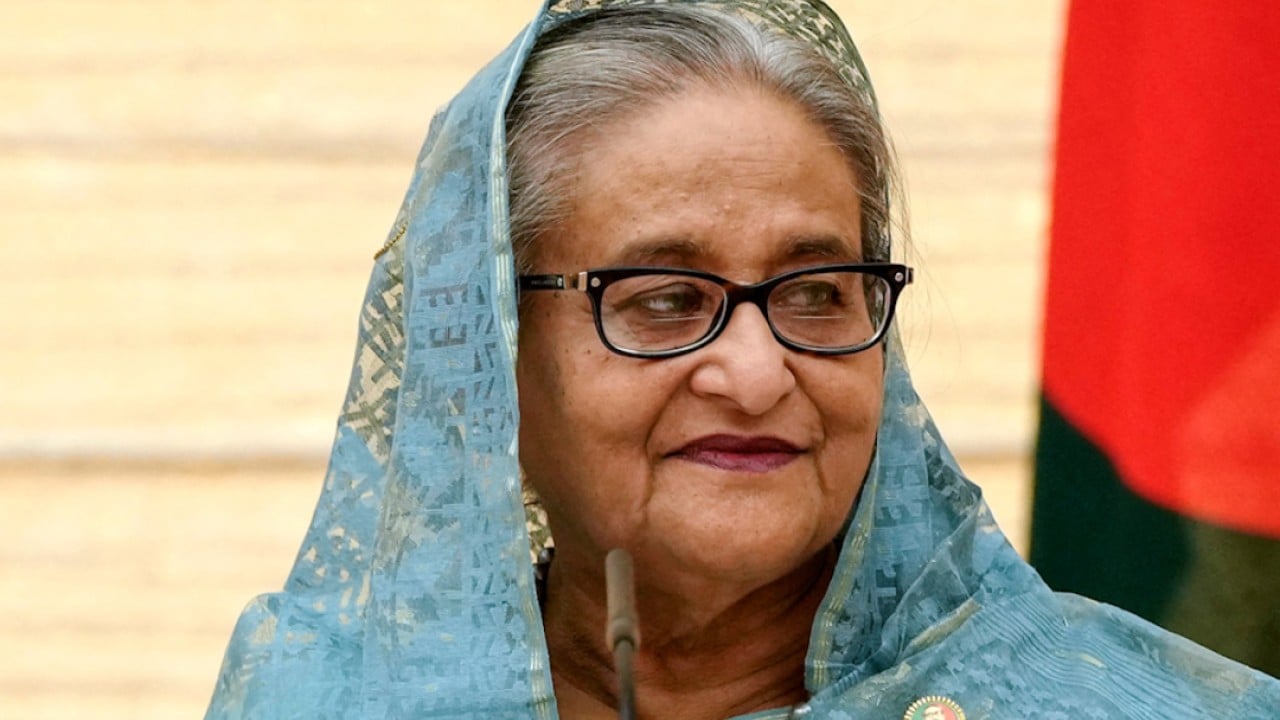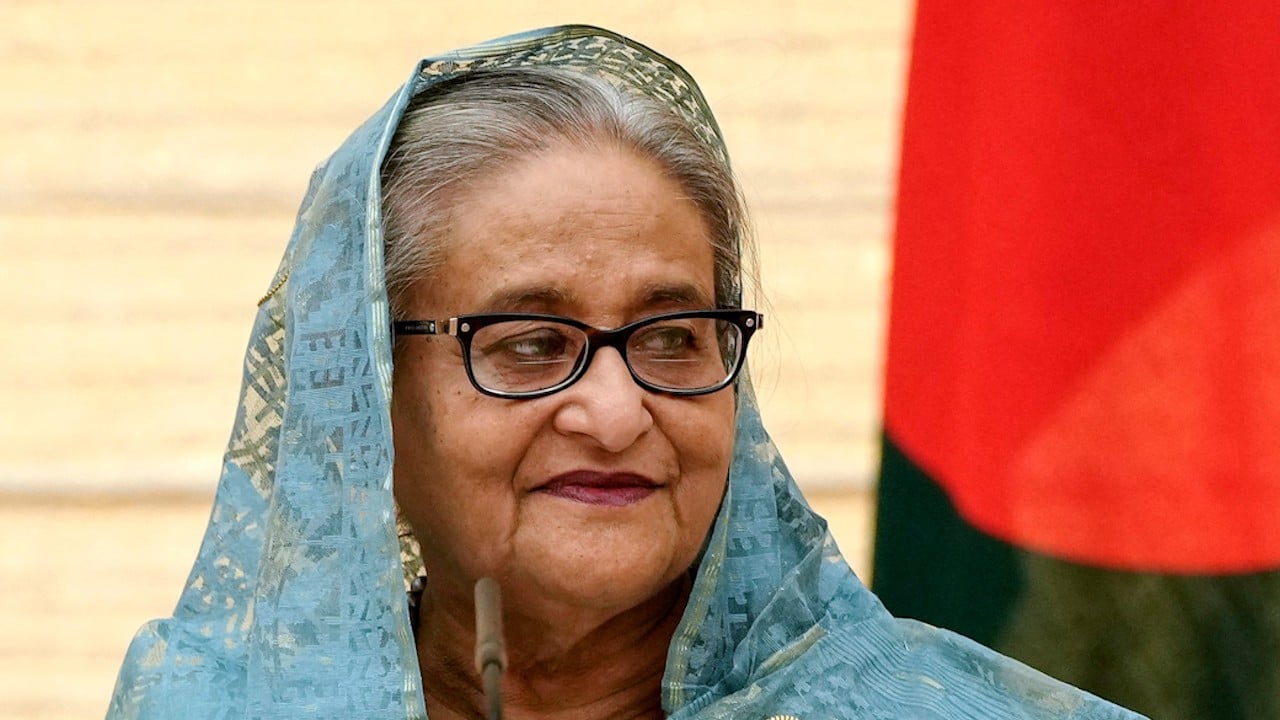The year of elections has claimed its first casualty. Bangladeshi Prime Minister Sheikh Hasina who was re-elected for her fourth consecutive term in January fled the country earlier this month after her position became untenable amid growing anti-government protests.
The unrest that prompted Hasina’s departure related to the issue of public sector job quotas for families of war veterans. However, developments in Bangladesh can also be seen as a harbinger of broader trends in South Asia and the Global South.
The instability in Bangladesh bears an eerie resemblance to recent developments in other South Asian countries. It was only two years ago that Sri Lanka saw anti-government demonstrations that led to then-president Gotabaya Rajapaksa to flee the country. The images of anti-government demonstrators storming the prime minister’s residence in Dhaka parallels what happened in Sri Lanka in 2022 after protesters overran the presidential palace and prime minister’s residence in Colombo.
Similar scenes were seen in Pakistan in 2023, when anti-government protesters attacked an army garrison and corps commander’s residence. This followed the arrest of former prime minister Imran Khan after his removal from power.
In every case a common theme is economic distress. Bangladesh, Sri Lanka and Pakistan are all in the midst of International Monetary Fund bailouts. Pakistan has just secured its 24th IMF bailout, a world record. Sri Lanka is barely on the road to recovery from its 2022 sovereign default. Bangladesh is in the midst of a US$4.7 billion IMF bailout.
The West has often attributed this economic distress to China’s opaque lending practices and coercive economic activities. China accounts for over two-thirds of Pakistan’s external bilateral debt, over 60 per cent for the Maldives, over 50 per cent for Sri Lanka and around a quarter of Bangladesh’s foreign debt. Sri Lanka’s Hambantota port project has become synonymous with China’s alleged debt-trap diplomacy narrative after Beijing secured a 99-year lease for the project.

This narrative fails to grant sufficient agency to the economic mismanagement of host governments. Sri Lanka under the Rajapaksas, Bangladesh under Sheikh Hasina and Pakistan under a string of military leaders have been unresponsive to their young and aspirational populations.
South Asian economies are also vulnerable to external shocks, not least a climate of growing global protectionism. Several countries depend on foreign remittances; they accounted for almost a quarter of Nepal’s gross domestic product in 2022 and about 10 per cent of Pakistan’s in 2021.
These countries also rely on externally-oriented industries. Tourism accounts for over a tenth of Sri Lanka’s GDP and almost a third for the Maldives. Textiles account for over 80 per cent of Bangladesh’s export earnings.
Exacerbating this is the rise of social media, which has given populations access to alternative narratives while also making it easier to mobilise. In India, where prime minister Narendra Modi had been touted for his media-savvy skills, the recent election that saw his party returned to power on a weakened mandate showed that the government’s grip on public opinion has weakened.
This is being fuelled by the rise of social media influencers who are not beholden to the government. In Bangladesh, where there are more than 50 million social media users (equivalent to 30 per cent of the population) and almost 190 million mobile phone connections (exceeding the population of over 170 million), these fears are likely to have prompted the government to terminate mobile internet services at times of unrest.
Demography also plays a part. In Bangladesh, 18 million people aged 18 to 24 are reportedly not working or enrolled in school. With 400,000 new graduates competing for 3,000 civil service jobs, it is not surprising that the issue of public sector job quotas became a lightning rod for the anti-government unrest that ultimately unseated Sheikh Hasina from power.
This alludes to a broader challenge facing countries in South Asia with large young populations. With around 36 per cent of South Asia’s population below the age of 18, there is a latent risk of the region’s demographic dividend becoming a demographic burden in the absence of sufficient economic opportunities and job creation.
Even in India, which has been touted as the world’s fastest-growing major economy, the surprise outcome of the country’s recent election reflected grievances over the country’s high youth unemployment and growing inequality.

A narrative that has gained ground in recent years is the “rise of the rest”, with the “rest” referring to non-Western countries that fall under the often used, though poorly defined, label of the Global South. A combination of slowing growth, ageing populations and dysfunctional politics in Western countries has made it fashionable to talk about the “rest” surpassing the West. Supporting this narrative, the Brics grouping of emerging countries has surpassed the Group of Seven economies in terms of contribution to global GDP.
However, developments in Bangladesh point to a degree of irrational exuberance. On paper, its economy appeared to be in strong shape with its GDP growth surpassing India’s, as well as its higher female workforce participation rate. Bangladesh is on course to graduate from least-developed country status by 2026.
The country, like other emerging economies such as Mexico, Vietnam and India, has been promoted as a beneficiary of the push to de-risk or diversify supply chains away from China. However, this belies structural challenges facing the Bangladeshi economy that came to the fore during the latest unrest. What happened in Bangladesh is a canary in the coal mine of broader trends in South Asia and the Global South.
Chietigj Bajpaee is a senior fellow for South Asia at Chatham House, a London-based public policy think tank



